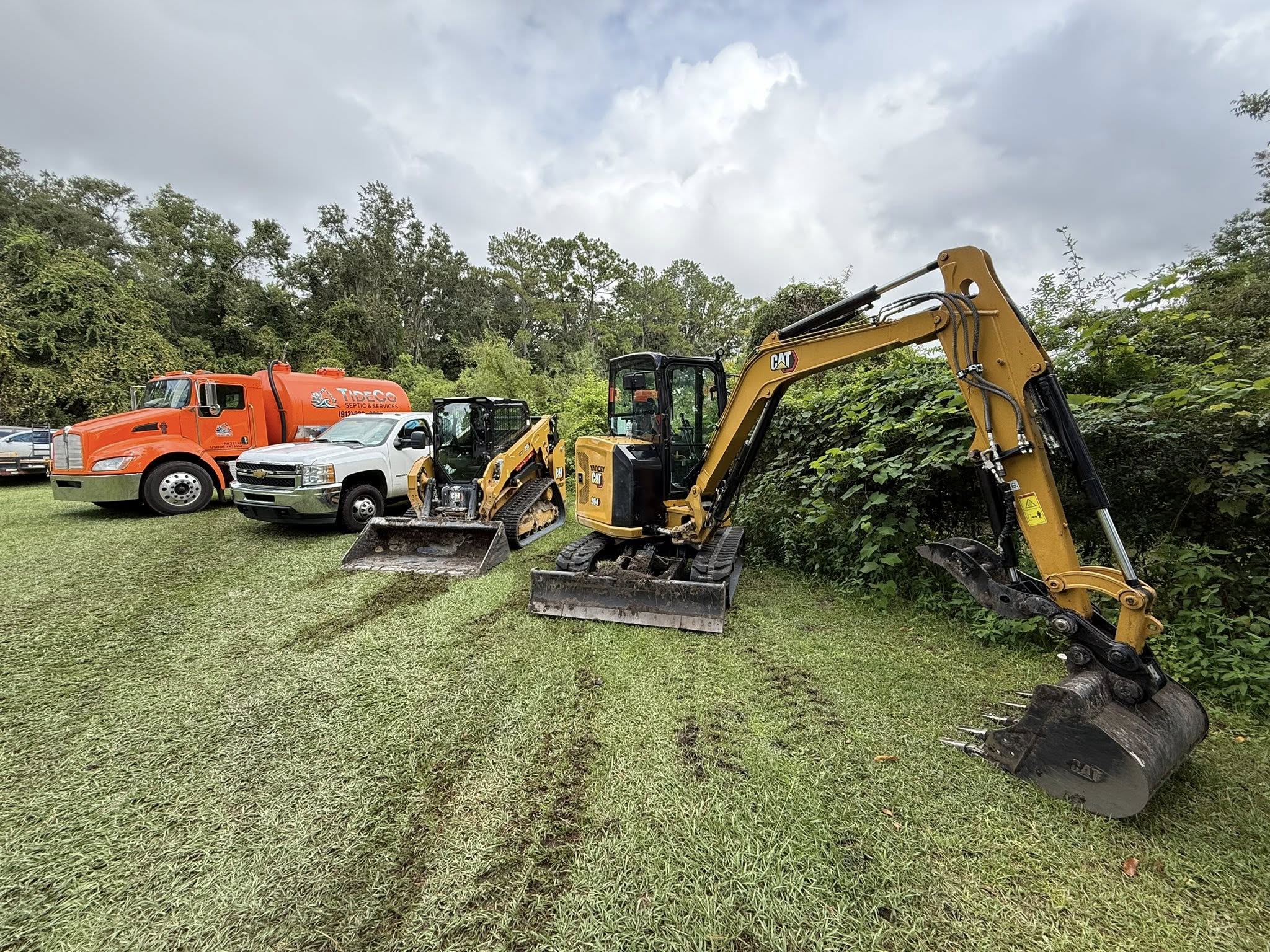
Seasonal Septic Maintenance: Tailored Tips for Every Time of Year Nov 19, 2025
As the year progresses, different environmental factors can impact the efficiency and health of your septic system. By understanding these seasonal influences, you can adopt the right maintenance practices to prevent problems before they arise.
Spring is a time of renewal, and it's also the perfect season to inspect and pump your septic tank. Melting snow and increased rainfall can saturate the ground, potentially leading to system backups. Spring cleaning should extend to your septic system, ensuring that any buildup of solids from the colder months is adequately managed. To deal with the heavy rains of spring, regularly check for potential leaks and ensure that your gutters direct water away from the drain field to prevent damage.
Summer presents an opportunity to reinforce good habits and monitor water usage, especially with the rise in outdoor activities and guests. Increased water usage can stress your septic system, so be conscientious about your household's water habits. Consider installing water-efficient appliances and implementing practices like shorter showers or full laundry loads. Regularly inspect your drain field for signs of stress, such as standing water or strong odors, which could indicate impending problems. Temperature fluctuations shouldn’t affect a healthy system, but keeping up with maintenance will help you see through even the busiest summer days.
As autumn approaches, it's prime time to prepare your septic system for the colder months ahead. Fall is an ideal time for another thorough inspection and potentially another pump, especially if the levels are high. Remove leaves and debris from the drain field area to ensure optimal sunlight exposure, aiding in useful evaporation and preventing clogging. Make sure your system is ready to handle increased holiday usage as family gatherings might place extra demands on it.
Finally, in winter, your primary goal is to prevent freezing in your septic system. In colder climates, take steps to insulate the system as exposed pipes, tanks, or drain fields can freeze, causing system failure or backups. Cover the system with an insulating layer like mulch or straw and consider letting your grass grow longer over the drain field, offering additional protection from frost. Watch for soggy spots or sluggish drains that could signal problems below the surface that can worsen with freezing temperatures.
By following these tailored tips for every season, you can ensure your septic system remains efficient and functional all year long. Implementing regular maintenance schedules not only prolongs the life of your system but also minimizes the risk of expensive repairs.
At TideCo Septic, we are committed to helping you maintain a healthy, efficient septic system. Providing expert advice and professional services, our team is here to ensure that, no matter the season, your septic system operates smoothly. For personalized maintenance strategies and professional assistance, don’t hesitate to contact our dedicated staff who are ready to assist with all your septic needs.
Taking a proactive approach will save you time and money down the road. Stay ahead of potential issues with seasonally tailored septic maintenance, and rely on TideCo Septic to offer expertise and support whenever you need it.
/filters:no_upscale()/media/5459090b-b6be-4da0-9f55-f83f08133f49.jpeg)
/filters:no_upscale()/filters:format(webp)/media/78d3e7a1-64c5-40bc-9ed3-7834dff171cf.jpeg)